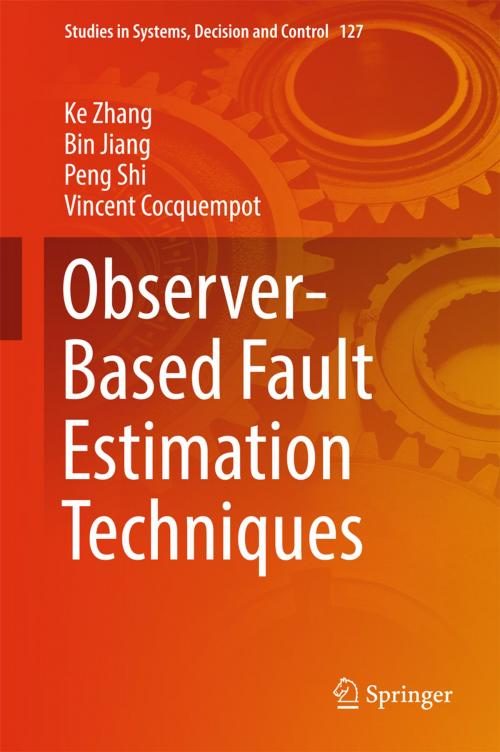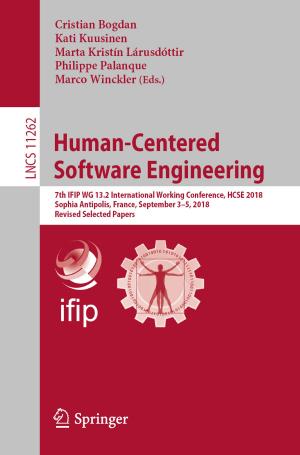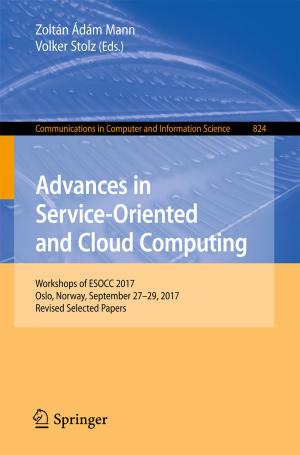Observer-Based Fault Estimation Techniques
Nonfiction, Science & Nature, Technology, Automation, Computers, Advanced Computing, Artificial Intelligence| Author: | Bin Jiang, Ke Zhang, Vincent Cocquempot, Peng Shi | ISBN: | 9783319674926 |
| Publisher: | Springer International Publishing | Publication: | October 11, 2017 |
| Imprint: | Springer | Language: | English |
| Author: | Bin Jiang, Ke Zhang, Vincent Cocquempot, Peng Shi |
| ISBN: | 9783319674926 |
| Publisher: | Springer International Publishing |
| Publication: | October 11, 2017 |
| Imprint: | Springer |
| Language: | English |
This book investigates observer-fault estimation techniques in detail, while also highlighting recent research and findings regarding fault estimation. Many practical control systems are subject to possible malfunctions, which may cause significant performance loss or even system instability. To improve the reliability, performance and safety of dynamical systems, fault diagnosis techniques are now receiving considerable attention, both in research and applications, and have been the subject of intensive investigations. Fault detection – the essential first step in fault diagnosis – is a binary decision-making process used to determine whether or not a fault has occurred. In turn, fault isolation is used to identify the location of the faulty component, while fault estimation is used to identify the size of the fault online. Compared with the problems involved in fault detection and isolation, fault estimation is considerably more challenging.
This book investigates observer-fault estimation techniques in detail, while also highlighting recent research and findings regarding fault estimation. Many practical control systems are subject to possible malfunctions, which may cause significant performance loss or even system instability. To improve the reliability, performance and safety of dynamical systems, fault diagnosis techniques are now receiving considerable attention, both in research and applications, and have been the subject of intensive investigations. Fault detection – the essential first step in fault diagnosis – is a binary decision-making process used to determine whether or not a fault has occurred. In turn, fault isolation is used to identify the location of the faulty component, while fault estimation is used to identify the size of the fault online. Compared with the problems involved in fault detection and isolation, fault estimation is considerably more challenging.















